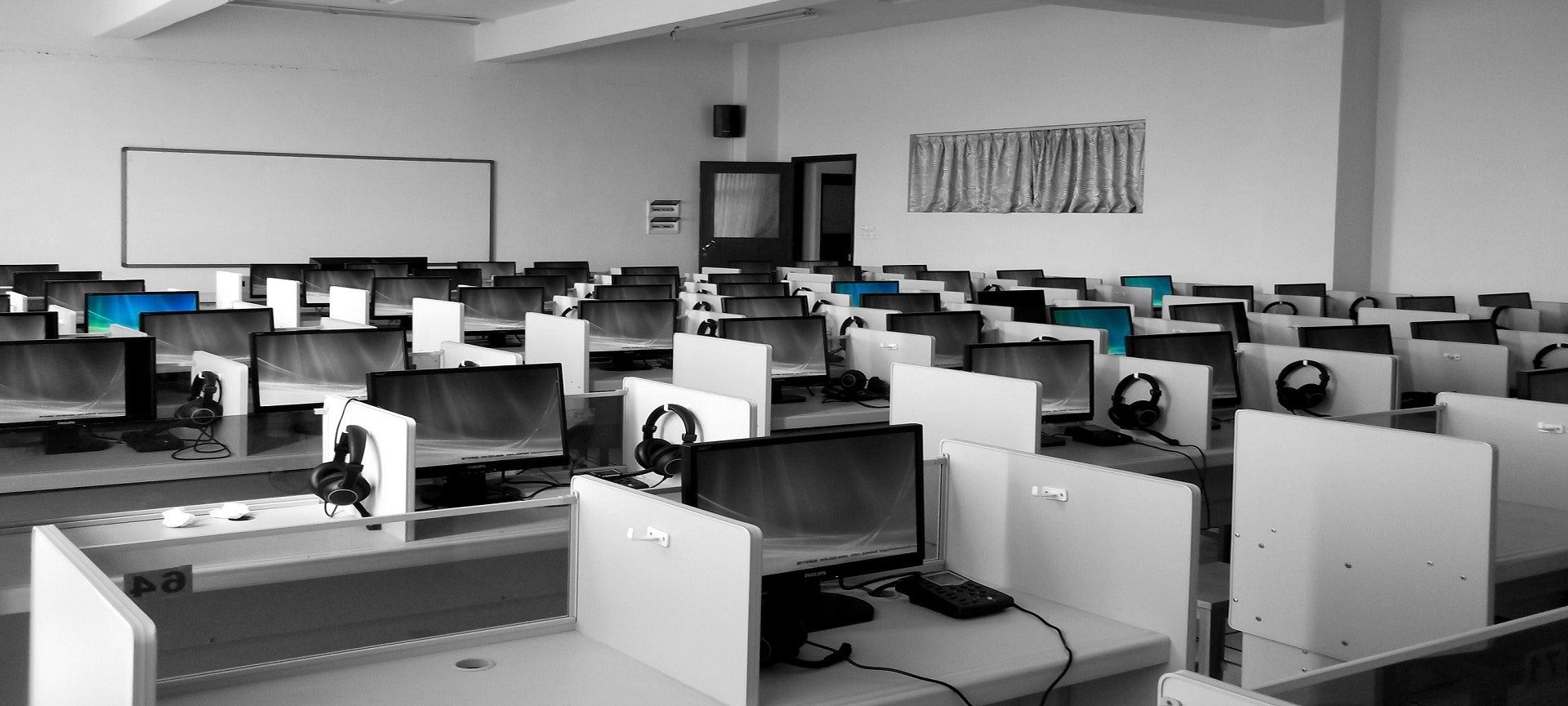In March 2020, governments nationwide had to switch to remote work nearly overnight. For Duane Schell, Chief Technology Officer for the state of North Dakota, that meant supporting and equipping 8,000 state employees who were suddenly working at home.
In a way, Schell said, the speed was a blessing. “There was no resistance. It was just, ‘OK, the world’s falling apart, here’s your instructions. Go!’ And everybody went,” Schell said. “It wasn’t like we had months of planning for people to tell me why this was a bad idea.” What Schell and his staff did have to contend with was workers’ varying levels of access to and comfort with technology.
“Not everybody had a laptop, so they had to pick up their desktop [computer] and haul it home,” he said. Schell’s team created a series of videos guiding workers in setup. The help desk became adept at talking users through issues with home broadband and trained developers to pitch in when the call center was overwhelmed.
Upgrade Technology to Support Remote Work
Software and platforms had to be upgraded to support the massive switch to online. The virtual private network (VPN) failed because it wasn’t designed to have all users log in at once. “It was really the prompt nature of state employees. When everybody logged in at 8 o’clock, it overran the VPN,” Schell recalled.
Changeovers to Microsoft Teams and a new Voice over IP system went from gradual rollouts to governmentwide in a short span of time.
“We would have preferred to have done it differently, but it feels like we leapfrogged 10 years in about 10 months. The pandemic has accelerated digital transformation, it’s accelerated the data culture. But obviously when you push stuff out that far and that fast, ugh, it’s rough,” Schell said.
Lasting Effects
Asked about the lasting effects of the rapid switch to remote work, Schell said, “Don’t underestimate what people can accomplish if you’ve got the right motivation. If you put out the right plan in the right way, people are amazing. They can accomplish amazing things if given the opportunity and are allowed to do so.
“When you think about the magnitude of change that we introduced, the attitude was absolutely remarkable. Everybody was super patient; everybody tried their best. It’s human nature, in a disaster-type scenario, for people to roll up their sleeves and pitch in and help.”
In the post-pandemic world, “Everybody has changed,” Schell said. “So much of who we are, what we do, every aspect of our lives has been impacted in some way, shape or form because of this pandemic. Knowing that we accomplished and absorbed that amount of change that fast has reset people’s expectations of what’s possible.”
This article appeared in slightly different form in GovLoop’s guide, Innovations 2022: Conversations That Matter. Get the whole guide:





Leave a Reply
You must be logged in to post a comment.